‘Joyous, a modern-day Jane Austen meets The Durrells’
ELIZABETH
DAY


‘Joyous, a modern-day Jane Austen meets The Durrells’
DAY

island calling
Also
by
Francesca Segal
The Awkward Age
Welcome to Glorious Tuga
non- fiction
Mother Ship
Chatto & Windus london
Chatto & Windus, an imprint of Vintage, is part of the Penguin Random House group of companies
Vintage, Penguin Random House UK , One Embassy Gardens, 8 Viaduct Gardens, London sw11 7bw
penguin.co.uk/vintage global.penguinrandomhouse.com
First published by Chatto & Windus in 2025
Copyright © Francesca Segal 2025
The moral right of the author has been asserted
Map © Fred Kroner, Whiskey ’n’ Ink Illustrations courtesy Shutterstock
Extract from ‘The Poem of Queen Esther’ by João Pinto Delgado, translated by David R. Slavitt © Oxford Publishing Limited (Academic). Reproduced with permission of the Licensor through PLSclear.
Penguin Random House values and supports copyright. Copyright fuels creativity, encourages diverse voices, promotes freedom of expression and supports a vibrant culture. Thank you for purchasing an authorised edition of this book and for respecting intellectual property laws by not reproducing, scanning or distributing any part of it by any means without permission. You are supporting authors and enabling Penguin Random House to continue to publish books for everyone. No part of this book may be used or reproduced in any manner for the purpose of training artificial intelligence technologies or systems. In accordance with Article 4(3) of the DSM Directive 2019/790, Penguin Random House expressly reserves this work from the text and data mining exception.
Printed and bound in Great Britain by Clays Ltd, Elcograf S.p.A.
The authorised representative in the EEA is Penguin Random House Ireland, Morrison Chambers, 32 Nassau Street, Dublin d02 yh68
A CIP catalogue record for this book is available from the British Library
hb isbn 9781784745400
tpb isbn 9781784745417
Penguin Random House is committed to a sustainable future for our business, our readers and our planet. This book is made from Forest Stewardship Council® certified paper.
From deep in her soul, she hears an answering voice: ‘Your life,’ it says, ‘is a part of your people’s life. You are not separate.’
João Pinto Delgado, The Poem of Queen Esther
Charlotte Walker
Tuga’s visiting vet
Levi Mendoza bartender and handyman; Charlotte’s landlord
Dan Zekri recently appointed chief medical officer
Walter Lindo-Smith
Maia Lindo-Smith
Rebecca Lindo-Smith
Levi’s brother-in-law and good friend
Levi’s sister, married to Walter, currently working in England
Maia and Walter’s seven-yearold daughter; Levi’s niece
Annie Goss twelve-year-old islander
Marianne Goss
Annie’s mother, and the island’s baker
Moz (Fermoza) Gabbai teacher at the island school; Garrick Williams’s sister
Saul Gabbai
Garrick Williams
Joan Williams
Moz’s husband; newly retired chief medical officer
island pastor; Moz’s brother
Garrick’s wife, died recently
Katie Salmon recently arrived physiotherapist
Betsey Coffee runs Betsey’s Cafe on Harbour Street
Elsie Smith customs officer; mechanic; amateur reptile enthusiast
Sylvester keeps the general store on Harbour Street
Taxi cabbie and radio announcer
Grand Mary Island Elder, the oldest (and (Mary Philips) by far the richest) Tugan
Martha Philips a tortoise
Queenie Lindo-Smith the clinic’s cleaner
Calla and Winston clinic nurses
Nancy Gabbai Saul and Moz’s daughter; part-time nurse and bartender
Vitali Mendoza Levi’s father, a carpenter
Anwuli and Isadora an elderly couple who keep Davenport sheep
Nicola Davenport islander
Chloe Ben-Ezra Nicola’s teenage daughter
Natalie and Oscar Lindo run a small farm and share four young children
Cecil Lindo eight-year-old son of Natalie and Oscar
Lusi Zekri
Johannes Zekri
Dan’s mother; Saul Gabbai’s sister
Dan’s father, who died in a boat accident
Mac keeps a store out of town
Rachel (Mac’s Rachel) island midwife and herbalist; Mac’s wife
Zimbul Fairclough recently appointed to Island Council
Oluchi Thomas radio announcer and member of Island Council
Ocean Rodrigues one of the fishermen
Sophie-Pearl Rodrigues Ocean’s wife
Alex dos Santos
Caleb dos Santos
Ruth dos Santos
Lucinda Compton-Neville
Evangeline
twelve-year-old islander, now at boarding school in Kent
Alex’s much older brother
Alex and Caleb’s mother and Marianne’s beloved foster mother; recently had successful surgery in London
Charlotte’s mother, a QC practising in London
Lucinda’s PA
Captain Lars competing in a charity scavenger hunt; captain of the visiting rust bucket
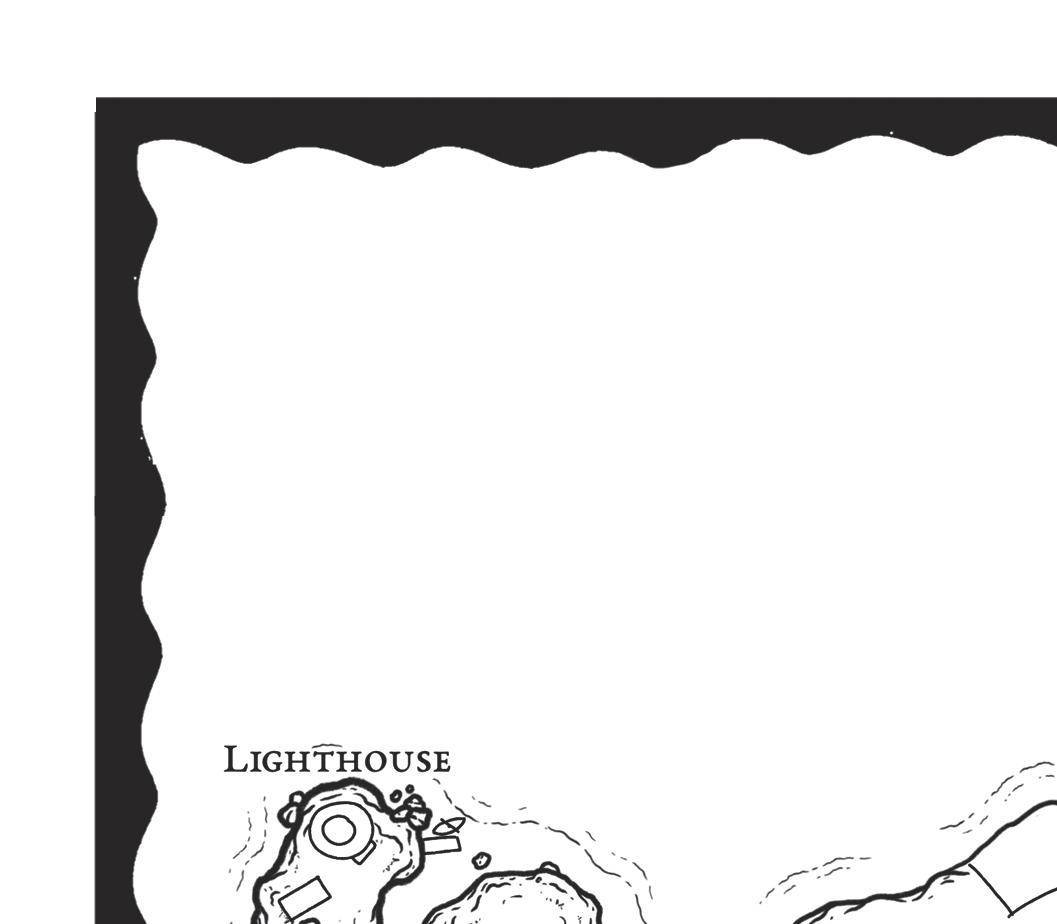
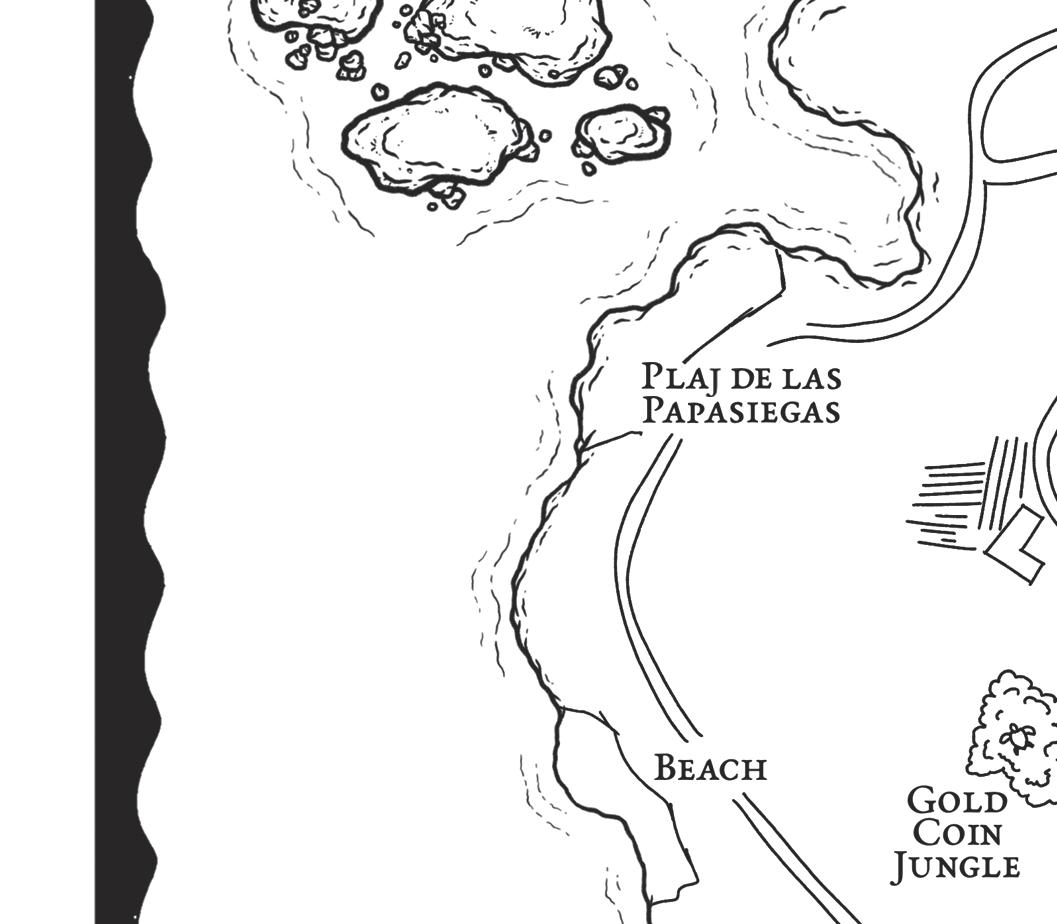
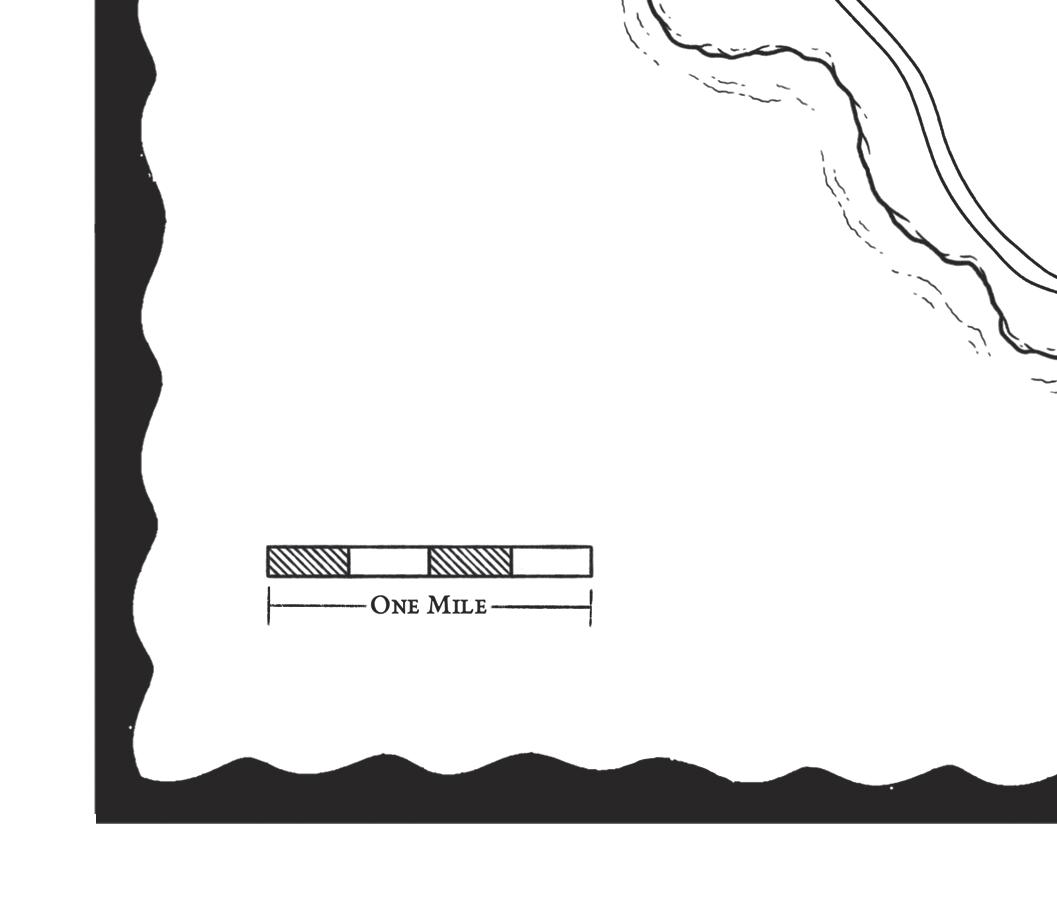
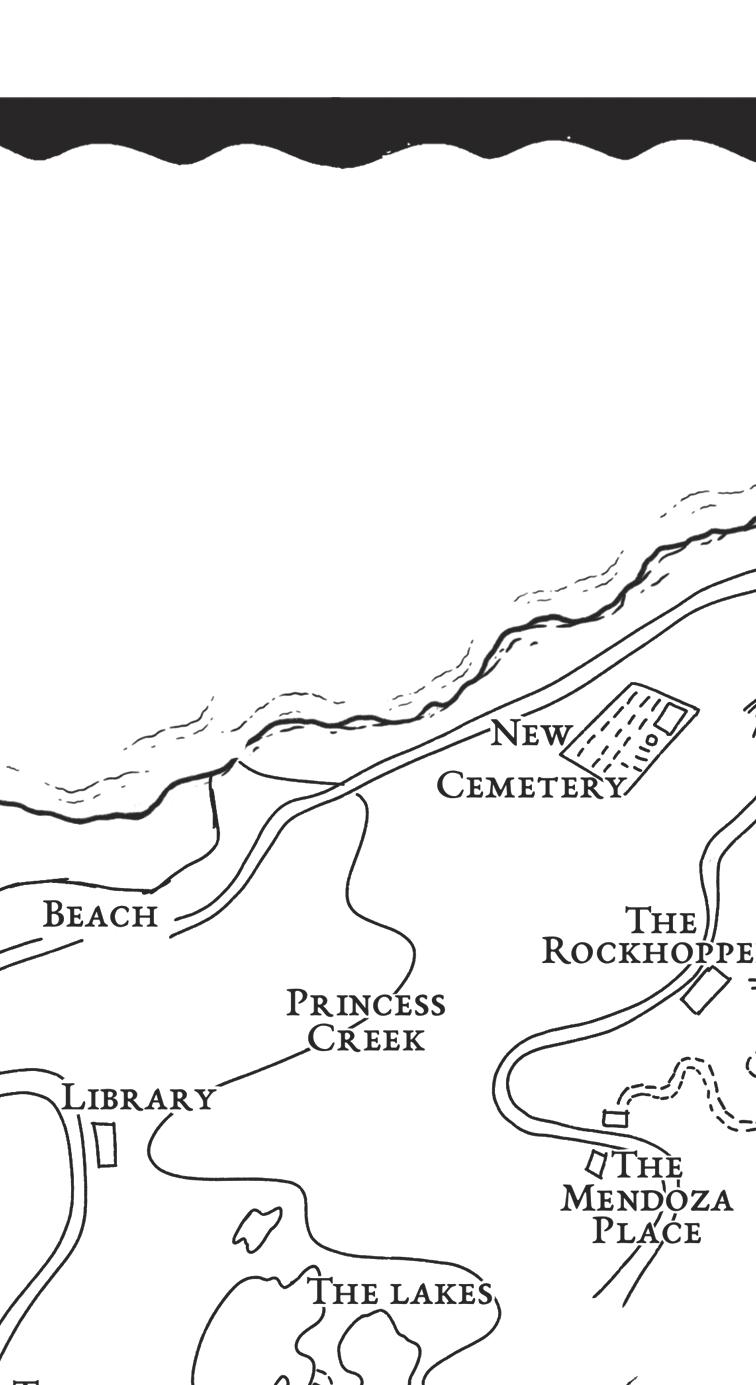
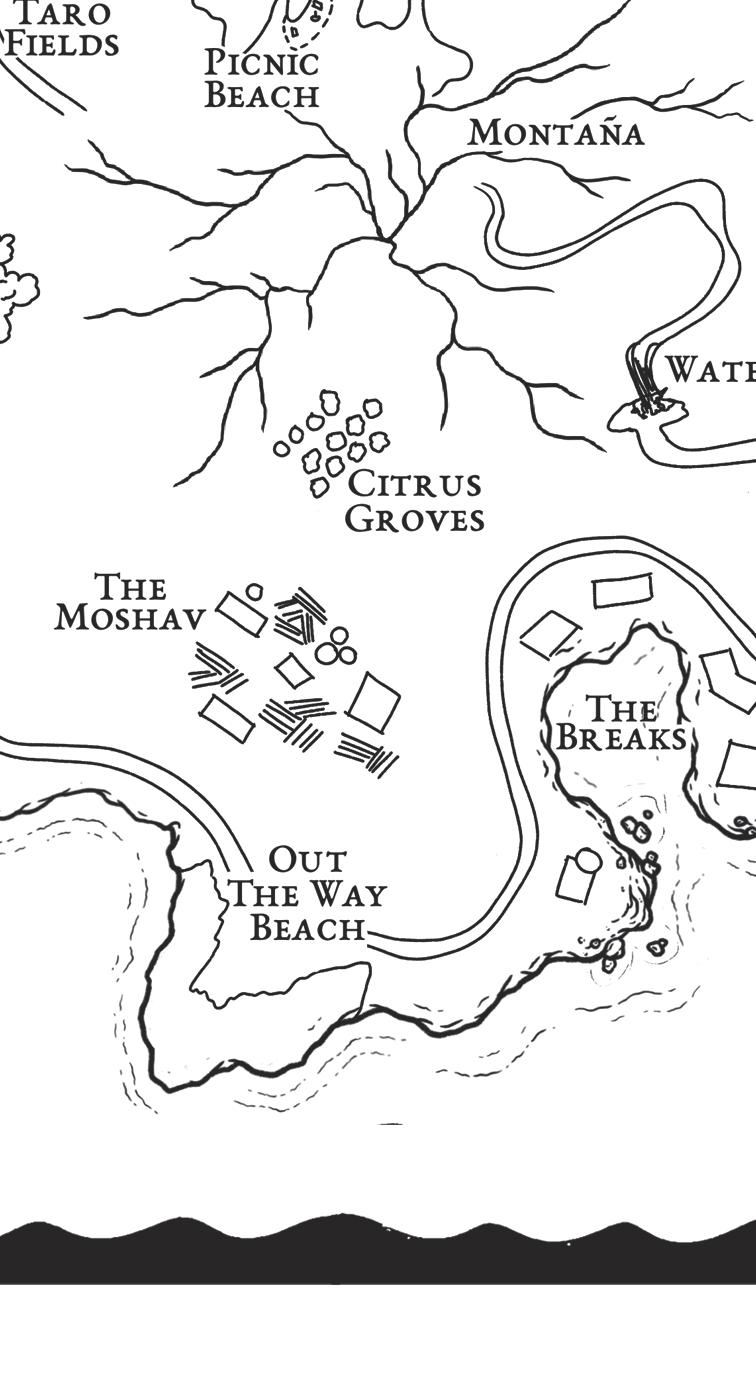
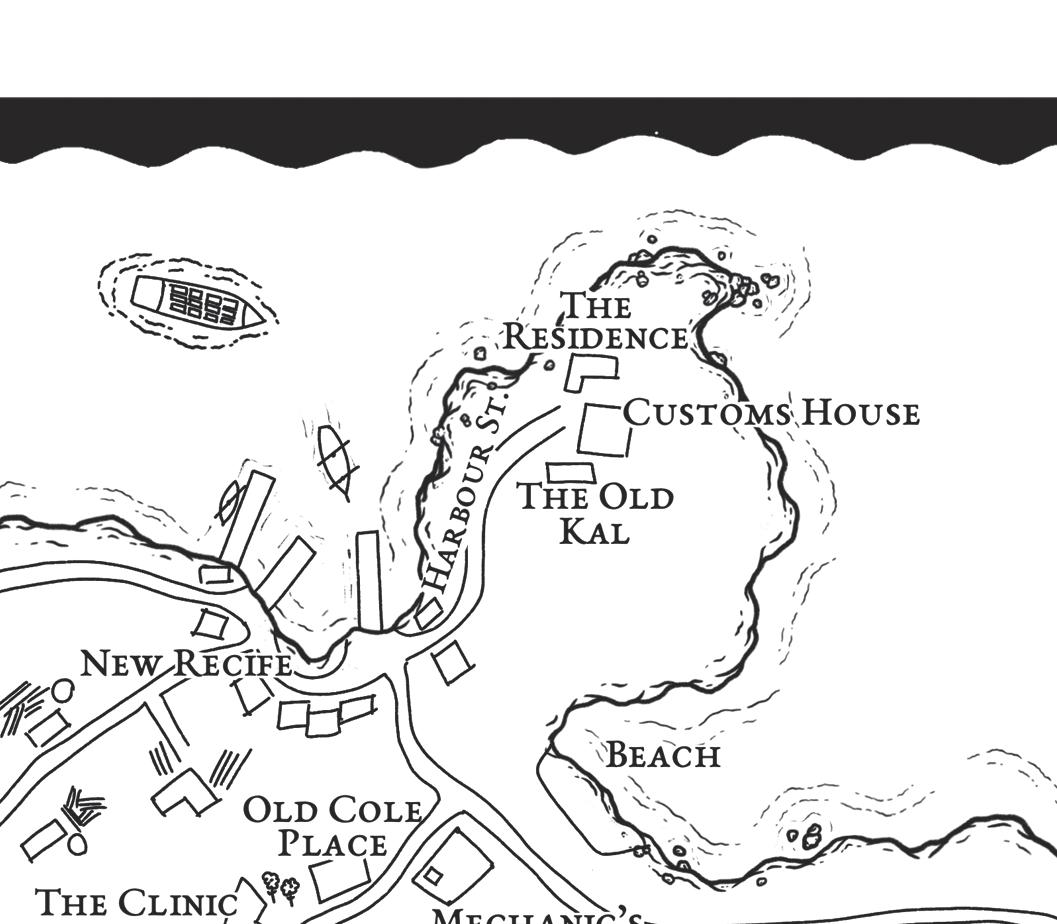
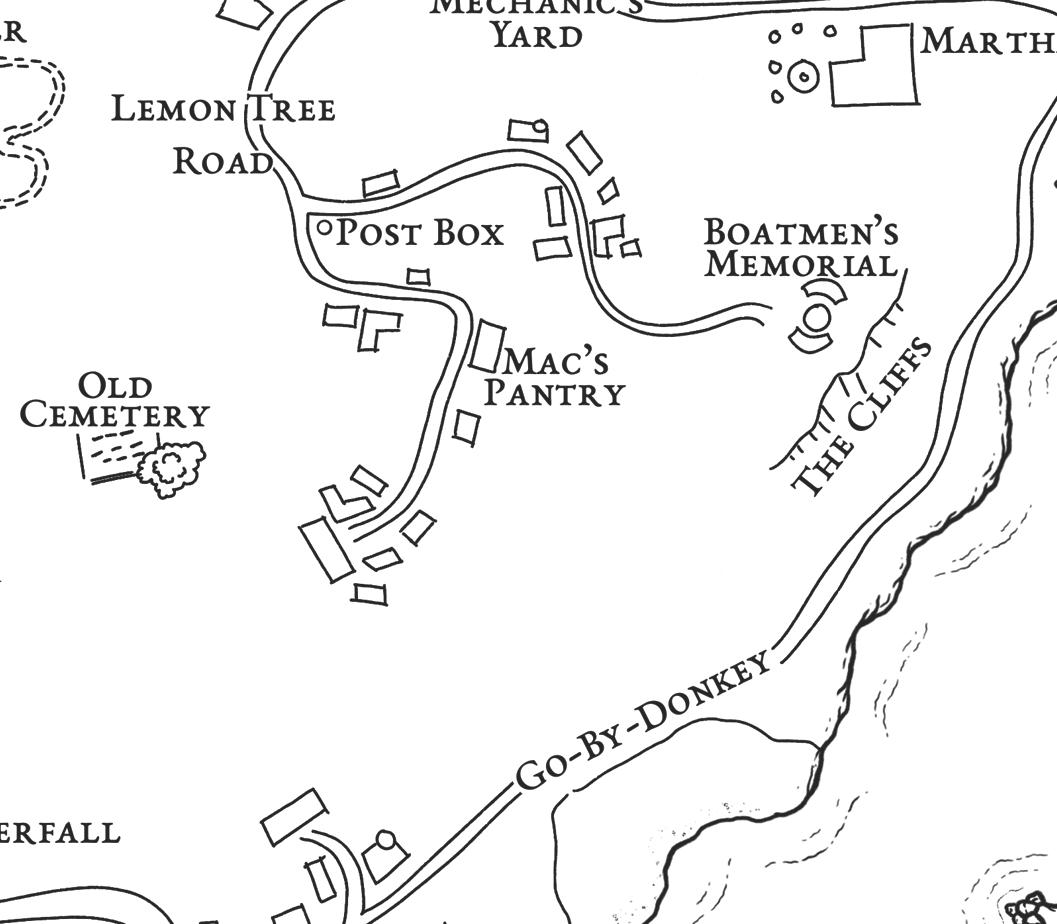
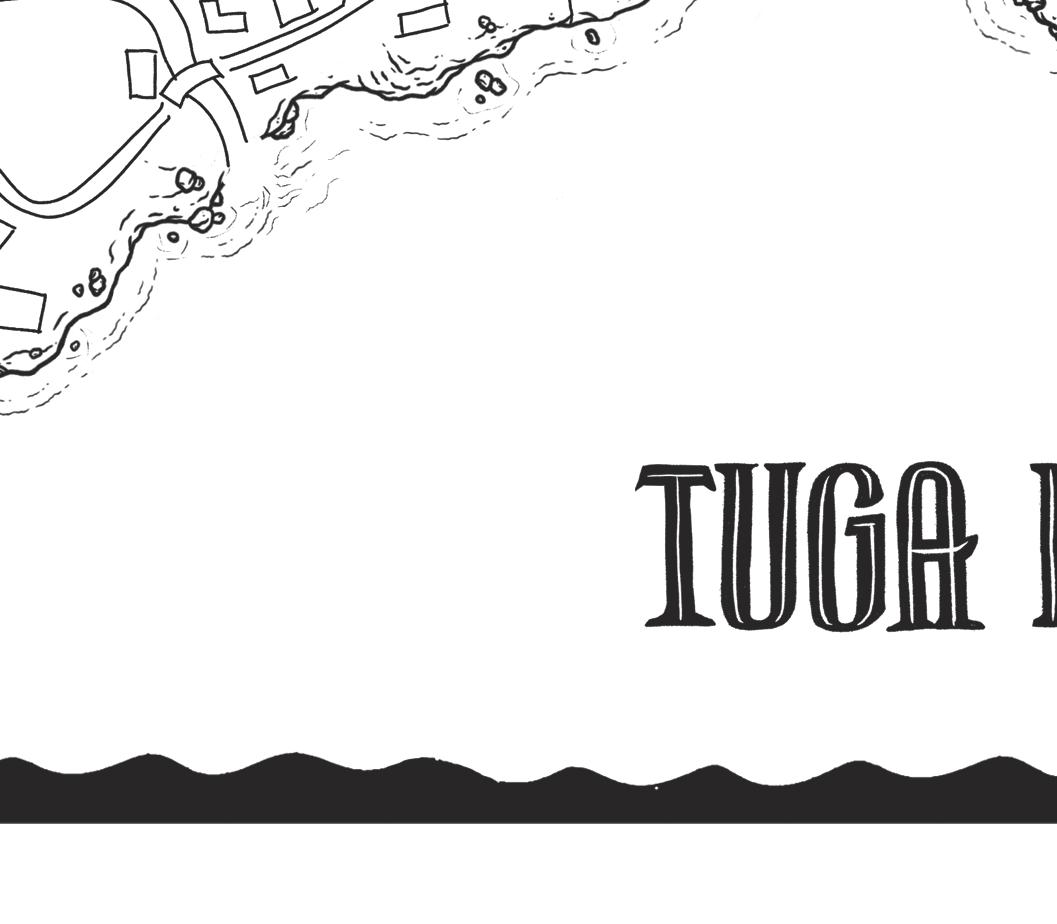
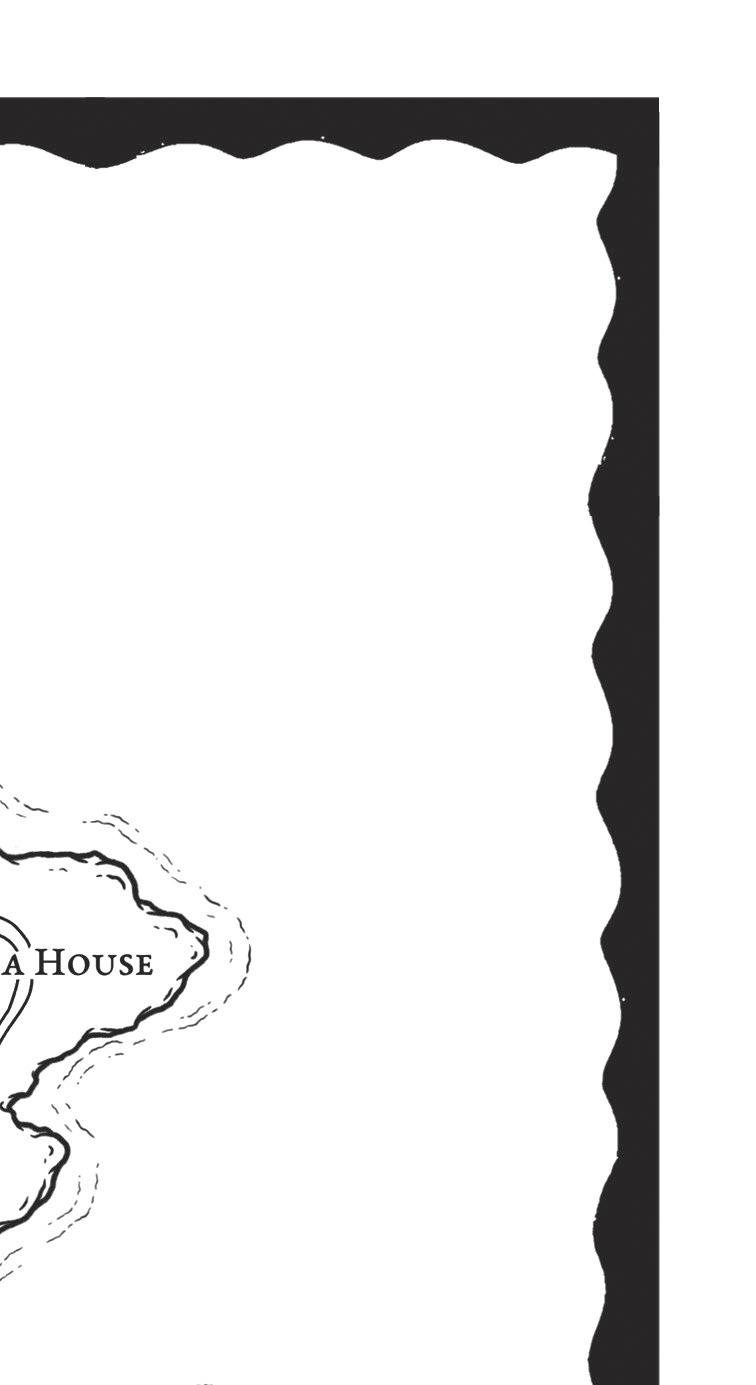
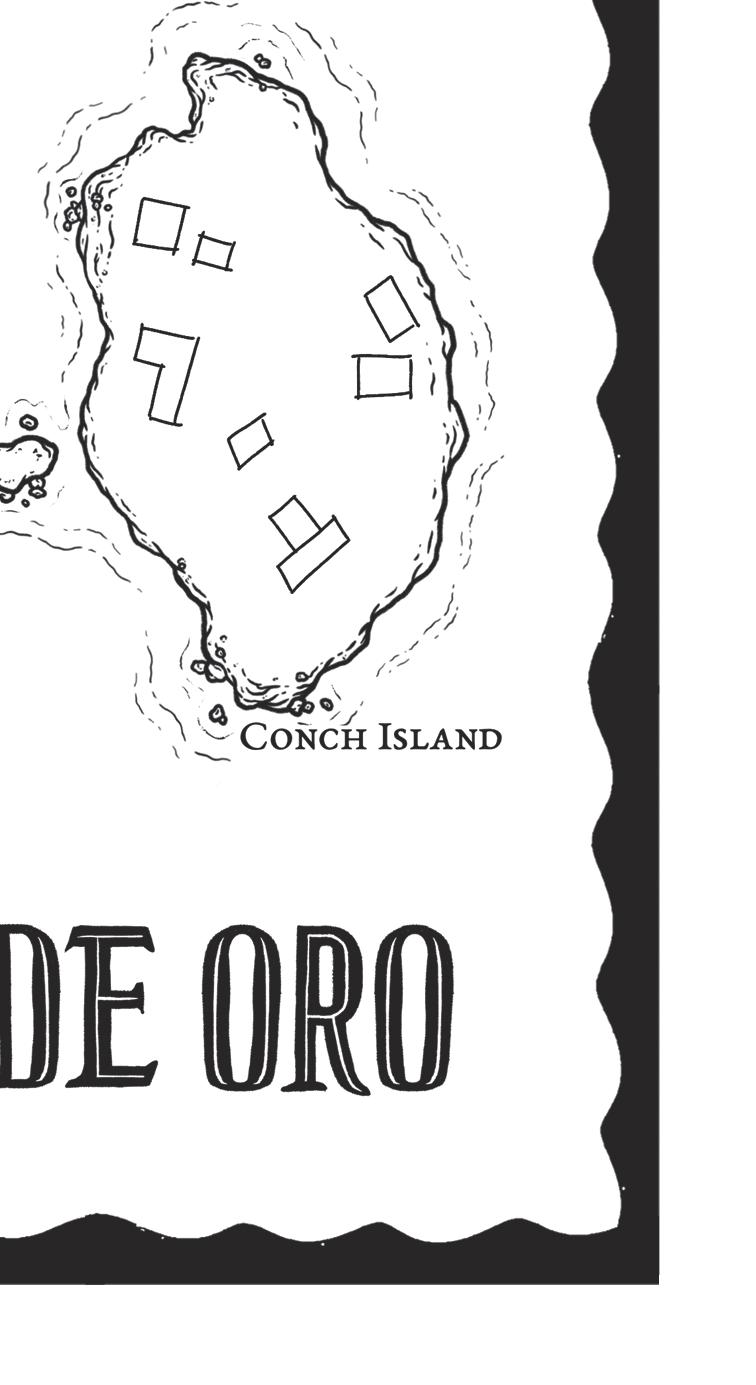
All across the island, mothers were nervous. The citrus groves were flowering and fruiting simultaneously despite the humidity of Island Close; far too fecund a metaphor beneath which to enact the night’s revelries. It was Tu B’Av, a festival of courtship that fell on the August full moon, by whose clear white light confessions were unburdened, hearts were risked, familiar faces considered anew. There were bonfires, music and feasting, the day’s snapper catch not frozen for modest export, but grilled for the pleasure of the island over smoking oil drums. The trees were hung with lanterns, the earth between them scattered with traditional Tugan blankets. Low canopies of twisted branches offered ample privacy beneath which to make mistakes. Last Tu B’Av, newly arrived Charlotte Walker had offered her excuses and stayed quietly in her little cottage, made anxious by the atmosphere of romantic possibility. She had imagined the evening a blur of moonlit citrus-smoke and tacit permission. This fantasy turned out to be accurate. But this year there was nowhere she’d rather be.
At the makeshift bar, Betsey was pouring small tots of a glossy liquid into a row of miniature jam jars, some of a number that seemed to find their way on to the island from the breakfast buffets of passing cruise ships and were
repurposed everywhere from Betsey’s Cafe to the medical clinic. Etrog liqueur was the rich grassy-gold of new olive oil, thick as syrup, a stronger limoncello made not from the fruits but from the heady, fragrant leaves. It was meant to be taken as a shot. Betsey pressed one into the hand of anyone passing.
‘Paz, Dr Charlotte. You know, I was thinking if any beast causes you trouble tonight it will be that moshav donkey. Jennets always foal during a full moon, I find.’
‘Thank you,’ said Charlotte, wondering if she might discreetly tip the drink out behind a tree. Betsey caught her hesitation and clapped a hand to her forehead.
‘Streuth, forgive me, I’m remembering now you’ve no head for it, I’ll get you some fizzycan. That was a night, wasn’t it? You’d not have wanted a foaling after that shindig, I reckon; you’d have been seeing double, and telling the farmer it was twins.’
Charlotte, embarrassed, agreed that the doctor’s recent retirement party had not been her finest moment. She’d suffered a shock that particular evening, though she did not share this mitigation with Betsey, who served titbits of gossip at her Harbour Street cafe along with every hot drink, a well-meaning public service. If she could help it, Charlotte would never tell anyone. Indeed, if she could erase her own memory, she would. Meanwhile, she very much hoped that Betsey was wrong about the donkey. She was having a night off.
Betsey took back the jar and replaced it with a lemonade, and Charlotte followed her gratefully on to the topic of Dexter, Betsey’s corgi, who’d been limping on his back right paw first thing this morning, but later had been haring after every crab on the beach, so it was probably no more than morning stiffness, didn’t Charlotte agree? Charlotte listened, nodded, assuming what she hoped was
a professional air. She was the only vet on the island and so, however often she got drunk and disorderly, no one could exactly take their business elsewhere. Still. For Charlotte, once had been too many.
At that moment she saw Levi Mendoza approaching through the dusk and bonfire smoke, his dark hair still wet from the lake, his teeth very white in the darkness as he caught sight of her and grinned. Never had she been so aware of her heart as a muscle than these last weeks with Levi; powerful, involuntary, and entirely responsive to the maddening, charismatic man now coming closer in the darkness. Levi worked on her like an enchantment. Uptight, self-conscious Charlotte had been freed from the constraints of being her lifelong, London self. She had let go of the theoretical, the defensive, the prudent. With Levi, a thought in her head became the words on her lips, and restraint, which had been her religion, had been entirely abandoned. She was unable to recognise herself, though she could see clearly enough that this new self was dangerous, unsustainable, and probably an improvement.
Now Levi’s hands were around her waist, drawing her into the shadows, away from the low yellow light of the candles that flickered on the folding table of the bar.
‘Exactly how long you planning to stay at this jamboree?’
He spoke close against her ear, and his fingers had begun to trace lightly up her inner thigh.
‘We just got here. I thought I was meant to be dancing for you in a moonlit field while you wave a ribbon, or something.’
Levi laughed, her favourite sound.
‘I ain’t here to select a maiden from some antique courting display, Dolittle; I know who I’m going back with, and what I plan to do when I get there. If it’s dancing you need we can dance at home.’
Her hand slipped up the back of his T-shirt with the ready pleasure of possession. For a moment he held her close and they swayed together, as if the music had been a ballad and not what it in fact was: ‘I Get Around’ by the Beach Boys, sung and played by Taxi, on the accordion. Then, over Levi’s shoulder, Charlotte saw Dan Zekri looking in their direction, wearing an expression that might have been anything from disgust to envy – or perhaps she had imagined it and he hadn’t even noticed them, and was simply scanning the groves for a friend. She looked away, burying her face in the warmth of Levi’s neck. Finally she disengaged herself. This would not do; she would not last ten minutes at the festival if Levi pressed her to him much longer, or she would make a fool of herself entirely without the aid of any local liquor. She told Levi she was going to find Elsie, and then walked with purpose in the opposite direction from Dan. Just to be on the safe side.
Tugans dried citrus rinds for fire starters, and near the bonfires the darkening grove smelled sharp and sweet. Charlotte had searched earlier but had seen no sign of bats patrolling, for with a ready fruit supply elsewhere they turned their noses up at citrus, preferring to feed in the old jackfruit and mango trees further down in the humid valley. She had seen them rise an hour earlier, silently crossing the cloudless sky. Reptiles would always be her first love, but the Tugan bats were an unexpected source of delight. Crepuscular animals, now was their time.
High on the flank of the montaña, this was the driest point of a lush, wet, tropical island, and the etrog trees had taken unlikely hold. They were far from home, far from the dry sandy soil of the Mediterranean, but still, they were doing all right. Much like the earliest Tugan settlers, their pockets
filled with seeds when they escaped first from persecution in Europe to Recife, and then from new persecution in Recife to the safety and self-determination and near-lunar isolation on the tiny, uninhabited island of Tuga de Oro. This was home now, and it was enough.
Charlotte had never seen gentle, earnest Elsie Smith in anything other than a rotating cycle of boiler suits and she found her strangely touching in a white cotton sundress, paired with the same dusty and faithful work boots of her many assorted day jobs. In place of her baseball cap Elsie wore a crown woven of fresh mintberry leaves, and had two more strung over her forearm, like rings at a hoopla. She looked vulnerable, somehow stripped of armour, and even taller than usual. The loose white frock showed the muscled shoulders with which Elsie usually hauled tractor tyres at the garage, or lifted tortoises for Charlotte, as well as revealing a previously unexposed stick-and-poke tattoo of a gecko on her left bicep. Elsie saw Charlotte’s eyes rest upon this image.
‘She’s from long ago,’ Elsie said fondly, stroking the blurry lizard with her fingertips. ‘On Out the Way beach when we was thirteen, Maia did it. At school we read a book about prison, said prisoners used to do it with battery acid and a safety pin. Worked out grand.’
‘She has a very friendly expression,’ said Charlotte, with as much enthusiasm as she could muster while her medic’s brain screamed, Hepatitis! Septicaemia! Sulphuric acid poisoning! Adult Elsie stood before her, perfectly healthy. Nonetheless, Charlotte made a mental note to tell the nurses that Dan should
add tattoo safety to his public-health talks. She would have told Dan herself, if they were currently on speaking terms.
‘Any chance you seen Little Doc? Or Walter?’ Elsie asked now, as if she’d been following Charlotte’s line of thought.
‘Walter, no. Dan was that way, I saw him a minute ago. Everything all right?’
‘Nothing happening tonight. Trouble on its way, though.’ For a moment Elsie looked worried. ‘And I’d have been here in the groves already if I’d not been hours rag-chewing with my pal ZD 9ZS , and then I’d have missed the signal. Here, take one of these. You ain’t in a frock,’ she added, noticing.
For Tu B’Av the single people on the island wore white, and soon all the unmarried women would dance a ribbony maypole together, weaving closer and closer to their rivals, under and over, through and beside, describing ever smaller circles. When they could draw no tighter, the unmarried men came forward and took the fraying ribbon ends, and it was their job to reverse the dance, wider and wider, looser and wilder, freeing the pole from its satiny wrapping. However much braver she’d been feeling recently, Charlotte could not entirely abandon her fear of spectacle, and could not imagine herself maypoling. She looked down at the denim shorts and white T-shirt that earlier had seemed a passable compromise. Her trainers were also white, or had been, before she’d worn them through a year of Tugan jungles. The truth was that she had felt a touch of angst getting ready for Tu B’Av, a festival rarely attended by FFA (Folk From Away), for it took place in the middle of Island Close, when for five months the seas around the island were impassable. Tuga de Oro had no airport, and even the biggest naval vessel wouldn’t pass within five hundred miles. Island Close was hurricane season.
In any case, she had no definition for what was happening between herself and Levi. Whether she was single or not was
anyone’s guess. But Elsie had been extending a mintberry crown for so long it was clear that she would hold it out fixedly until Charlotte accepted it.
‘It can be a tortoise snack tomorrow,’ said practical Elsie. ‘I’ll get on now. If you pass the doc, tell him I’m looking.’
Charlotte agreed that she would, although she had no intention of passing Dan. Instead, relieved to have been spared one of Elsie’s disquisitions on the joys of ham radio, she set the circlet of leaves on her head and went in search of Levi, in the spirit of Tu B’Av. She would tell him that she was ready to go home.
Charlotte Walker had been on Tuga de Oro fourteen months, overstaying the year-long research fellowship that had first brought her to the island to study a relict population of rare gold coin tortoises. By now she should have been reinstalled in the orderly basement flat of her mother’s vast north London townhouse, a sanctuary three floors below her own childhood bedroom, in which the kitchen table doubled as a desk, and her mother’s housekeeper discreetly descended the stairs once a week to run the Hoover. She should be back to gainful employment as a herpetology postdoc in a bright, friendly lab at the Zoological Society of London, advancing her career, accumulating publications in all the right and relevant journals, moving steadily towards either a teaching post or a lab of her own, or both. She definitely should not still be working as an ad hoc farm vet for an eccentric collectivist community on the world’s most isolated island, living in a miniature cottage with a palm-thatch roof, and sleeping with the man who’d built it.
But then, so much was unexpected, recently. She had not expected that the question of her own paternity would end in the discovery that her father was Garrick Williams, the
island minister, who had not known of her existence and was unequivocally horrified upon learning of it. The orderly deck of her life had been tossed high in the air; until the muddle of cards landed she would remain in suspension, and all bets were off.
Charlotte had stayed on as the unofficial island vet, although Garrick had made it more than clear that he wanted nothing to do with her. It had not seemed right or even possible simply to go straight back home again to England, and these last weeks had gone on with an oddly settled normality. Farm visits and clinic days; jungle hikes and research. Certainly the continued rejection by a father she’d longed for was – not optimal. Emotional mess of any sort usually drove her, tortoise-like, into a tense, defended retreat, and she was aware she probably ought to feel worse than she did. Perhaps she had yet to experience its full impact, but it was as if she had stepped through a portal to another universe, and was in no rush to return to the real one. It was hard to feel sad while she lay in a drift of pink sea hibiscus on a sun-washed sugarsand beach, watching a shirtless Levi grill fresh octopus. When he glanced up and grinned at her, she felt electric. She felt immortal. London represented reality and on Tuga, however briefly, she was having a welcome break from herself.
Elsie found Walter watching the band, holding the remains of a baked banana that his daughter Rebecca had just handed him.
‘Two days out, they said, or three,’ said Elsie quietly, not wanting to alarm the little girl, who stood close beside her father, one finger through his belt loop.
‘Bad, is it? Patient can’t make it back where he came from?’
‘Heart attack, they’re thinking, or heart something – life and death, captain says. Ain’t a fancy yacht, it’s another of them rust-bucket challengers.’
Walter pulled at the bill of his cap, adjusting it, thinking. Anyone who knew Walter knew what he would say. Still, Elsie waited in a respectful silence for him to say it.
‘Well. We have to try, don’t we.’
This was not a question but a statement. It was Walter’s turn as head of the coastguard and as such he made all decisions about medical evacuations and compassionate landings, with advice from the chief medical officer. From the beginning, islanders had been dependent upon passing sea traffic for trade and travel; when the rare opportunity presented itself to repay the favour, Tugans would not hesitate. Last year a crew member on a cargo ship bound for Walvis Bay was stricken with appendicitis; even now,
with satellites and advanced meteorology, there were occasional and sometimes devastating shipwrecks. Indeed, they had lost many of their own men when a fishing boat went down six years earlier, a tragedy that still rippled through many an island family. It had been Walter’s boat, in fact, though by chance Walter had not been aboard. In Island Close no one should ever be near enough to put Tugan sailors in such danger, but from their current coordinates it would take this yacht weeks to reverse its course. You didn’t need the CMO to tell you that a cardiac incident had to come ashore.
‘I don’t know their vessel but we’ll not bring her in right to the kelp beds in case the weather turns. If they got an inflatable tender they ain’t to send it, they’ll kill themselves faster than any heart attack. I’ll go out.’
Pressed against him where she’d been most of the evening, Walter’s daughter Rebecca turned her face against his side, chocolate smearing from her cheek to his shirt. A fisherman’s child, she knew the risks, just as she knew about the doomed boat six years ago, and that her father would have captained it, had he not put a nail through his foot the night before. In the South Atlantic, falling atmospheric pressure could whip up winds of eighty knots with little warning, and currents here were idiosyncratic, even at the best of times. One moment the water might be stirred and streaming, the next a hidden, angry tide could hurl up rearing crests, gouging holes in the sea. Her father placed a huge warm hand on her back, pulling her closer.
‘All right, mi vida,’ he said softly. ‘It the right thing to do. I will be just fine.’ And then to move the conversation safely on to dry land he said to Elsie, ‘If we get the patient onshore and they make it, they will be here till Island Open.’
‘Nine weeks or so, still. Not so bad, we’ve houses empty. What about Ruth dos Santos’s?’
‘Island Council will pay, bring in a little rent for Marianne.’
‘Good, she deserve some luck,’ said Elsie, with approval. ‘Don’t reckon she thought Annie’d take Alex going so hard.’
‘Don’t reckon she had much choice in the matter,’ said Walter, who knew better than most the sacrifices a mother would make to secure a child’s future. His own wife had been working off-island for more than a year. Since she’d been away Rebecca had grown two inches, and lost three teeth.
Elsie nodded. ‘So we put them in Ruth’s house till Island Open, and their vessel calls back. If we can get them onshore. And if they’re not dead before they get here.’ She set her final mintberry crown on Rebecca’s head and stood back to admire her.
‘I’ll come see you first thing at the yard, tell Dan if you see him. Now it’s marshmallow time,’ said Walter, hoisting Rebecca high on to his shoulders with sudden decision, so that the girl laughed despite her solemn face. She leaned forward, and he could feel the sharp little point of her chin through the top of his cap. He took an ankle in each hand and nodded to Elsie, and then set off for one of the bonfires. Tomorrow plans would be made, though each knew they might not, in the end, be necessary. The heart-attack patient still had to survive two or maybe three more days at sea and, more to the point, a Tugan crew, led by Walter, would have to take the rigid inflatable out on the hostile, remorseless ocean.
‘Ain’t it ready?’ A barefoot Annie Goss kicked at the foilwrapped bananas that lay, a row of fat silver logs, in the embers at the edge of the bonfire. They were hotter than
she’d expected and Miss Moz saw the shock of pain cross her face, though the girl made no sound, merely stepped back and quickly crossed her thin arms over her chest, defiant. Moz wielded her toasting fork at the other children.
‘You all shift, you hear me? Get away.’
With the other hand she shooed Annie back too, and in doing so found a moment to squeeze her shoulder, and stroke the tangled blonde hair. That child could walk across hot coals and not flinch, Moz thought, with a pang. She had never known Annie lose face. She had a ferocity that Moz, in all her years of teaching, had rarely seen. Oh, but she was enchanting, this one; tender beneath her bravado; loyal and big-hearted. Miss Moz did not have favourites. But still, in class it was hard to keep a straight face when Annie Goss was clowning for Alex dos Santos. Or had been.
‘Go play for five minutes,’ she told the others. ‘Watching won’t cook them faster, I’ll call for you.’
There were murmurs, and her small pupils melted into the darkness. They would not go far; each had earmarked her own particular banana.
Annie was rubbing the side of a filthy foot against the ankle of the other. Maybe she’d really burned herself, but Moz couldn’t see. Under normal circumstances she’d have left it, knowing that nothing got past Marianne. But since Alex had been sent to boarding school in England, Annie had been staying out all hours, missing meals. Annie was grieving, and Miss Moz’s heart went out to the girl. It was as if she no longer had ground beneath her feet. Lifelong, she had been hand in hand with Alex, for they had been raised together, tumbling like pups. At night they’d slept entwined since the cradle, breathing one another’s warm breath. For Annie, home was where he was; the only life she knew was by his side, roaming the island till the first silent bat crossed
the pale sky. But Alex had gone and now, six weeks past her twelfth birthday, anyone might see that Annie had lost the greater part of herself, left to a life lopsided by his absence. It had happened so suddenly that his disappearance came like a death. She had not spoken a single word in Marianne’s presence since Alex’s ship had sailed.
‘Where’s your mother?’ Moz asked Annie now. Annie shrugged, looking down.
‘Baking, probably.’
‘What do you mean, “probably”? If Marianne working you should be helping her. Show me that foot.’
‘She don’t need my help,’ said Annie, sullen. She tucked one ankle behind the other. ‘Foot’s fine.’
Moz decided to leave it. With the toasting fork, she rolled one of the bananas on to the scrubby grass, picked it up with tongs, and dropped it on to a plate. With her nails Moz carefully opened the top of the hot foil and the scent rose of fresh vanilla, of coconut sugar and ripe banana and melting chocolate. Annie’s eyes were round. For as long as she held Annie’s treasure Moz knew she held a captive, so she spoke fast.
‘On the contrary, kerida, she need you more now, not less. I know how you’re hurting. Believe me, I can imagine. I see you. You not only lost your brother but all your plans, all your imaginings together. You missing the other half of your heart right now. But your mama sent Alex out of love, I promise you. She had one chance to set that boy free and she took it. She raised that boy. She must miss him too.’
‘Sending people away ain’t love.’
Moz was mashing at the inside of the banana skin with a fork, her words quick, her actions slow.
‘People always saying this and I know it makes no sense now, but – one day you will understand. She’d die for you,
your mama.’ She handed the plate to Annie but held on to it, and for a moment they stood, woman and girl, the plate between them. Moz looked at Annie’s angry bitten nails, fingers red from the strength of her grip.
‘I hate her,’ said Annie quietly.
Charlotte had been frowning in concentration at three bottles of men’s dandruff shampoo on a shelf in Sylvester’s general store, willing one of them to morph into 300ml of Shu Uemura, when Anwuli Davenport had tapped her on the shoulder, wanting to talk about her border collie. The dog was in obvious discomfort, scooting around the yard in a strange bottom shuffle, and so Charlotte had booked her in for this morning’s clinic. She was now hunched over the vet’sroom computer, anxious to revise the position of canine perianal glands. This was the island’s quickest internet connection and, still, it was terrible.
There was a knock at the door and Elsie Smith entered in socked feet, holding her work boots in one hand. Elsie was back in her threadbare navy boiler suit, patched with swatches of stone-washed denim at both knees and elbows, and with ‘Elsie Mechanic’ hand-stitched across the lapel in lemon-yellow embroidery thread. Her fading green baseball cap bore the legend ‘Kiss Me, I’m Irish’, which, while it may have been true of the hat, was definitely not true of Elsie. Today she was a mechanic; on ship days Elsie was the island customs officer. At other times she was an enthusiastic radio ham and volunteer in the communications department, guiding passing ships on Tuga’s VHF, and spent rare days off
assisting Charlotte in the jungle. She was also, when needed, a member of the Tuga de Oro fire service. But the passion closest to Elsie’s heart (after steam trains, clocks and electronics) was reptiles. In this, she and Charlotte had found an unlikely area of communion.
‘Paz, Dr Vet Charlotte. Can I come in?’
‘Of course. I’m free till my next patient. You can keep those on in here, I don’t actually know how clean the floor is.’
‘Yes, you waiting on Anwuli,’ Elsie said helpfully, as if Charlotte might have forgotten. ‘Ten minutes, I reckon; she stopped a time at Betsey’s. Bringing you a something.’
As ever, Charlotte marvelled at the islanders’ perpetual and apparently effortless awareness of one another’s coordinates. And yet there were secrets enough, she knew, and then shook her head, to dislodge all intrusive thoughts of Garrick. She looked again at Elsie.
‘Are you OK ?’
Elsie shrugged. ‘I don’t know. Hilary ain’t right. She’s depressed. And she’s been getting a bit, a bit fatter,’ this last word whispered, as if the lizard might hear, and take offence. ‘But she’s been off her food, so I don’t see how.’
‘Trust your instincts. If you think something’s wrong then we need to have a look.’
Elsie had taken a seat at Charlotte’s desk and was relacing her boots. When she looked up she seemed on the verge of tears.
‘She wouldn’t even eat a booby egg this morning. Anyone who know her know that ain’t right.’
‘As soon as clinic’s over I’ll pop by and give Hilary a proper once-over,’ Charlotte promised, and Elsie, grateful, gave a wan smile.
Hilary was an enormous, middle-aged red tegu lizard that Elsie had raised from a hatchling. As island customs officer